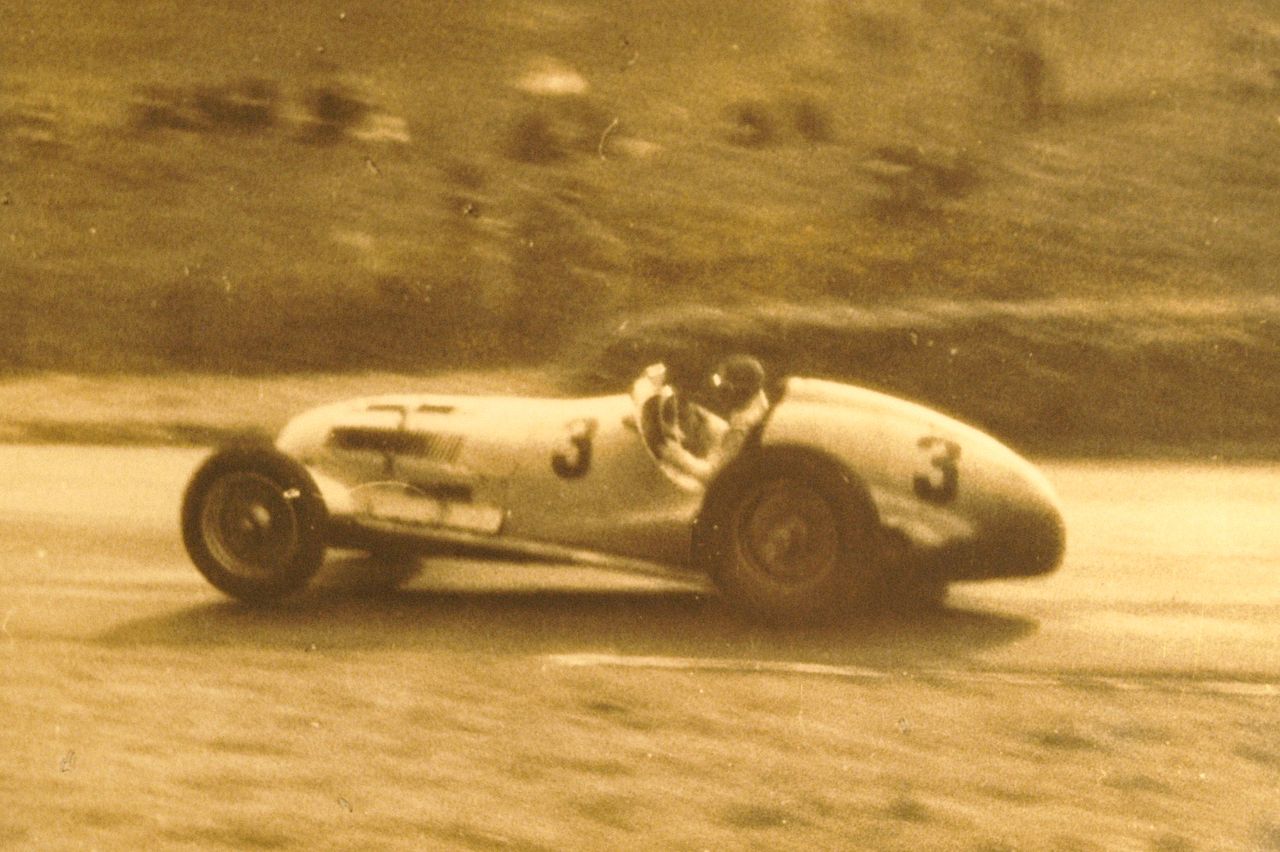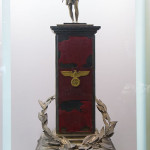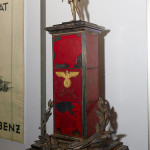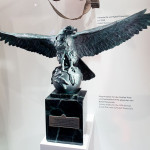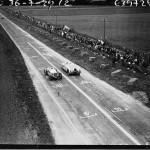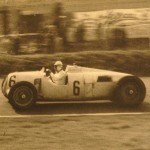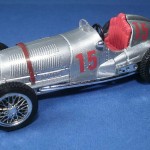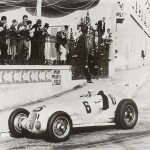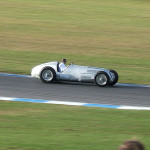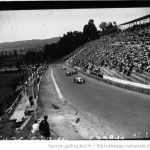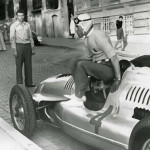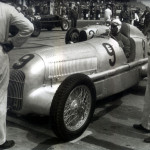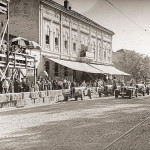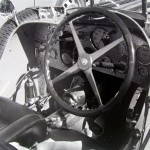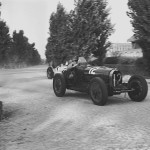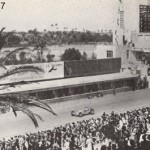Great Racing Rivalries – Auto Union vs. Mercedes-Benz
Bears-Packers. Giants-Dodgers. Yankees-Red Sox. White Sox-Red Sox. Bobby (and Davey) Allison-Cale Yarlborough. The sporting world is full of examples of great rivalries. Mercedes-Benz was told by Germany’s chancellor back in 1933 that he would give them a prize of 500,000RM if they could build a car to compete in the Grand Prix era that began in 1934. Unfortunately, Ferdinand Porsche wanted in on this deal, too. Hitler decided to split the booty between the two camps, Auto Union and Mercedes-Benz. Thus began a rivalry that triggered the age of titans.
Grand Prix Rules Writers Received a Rude Awakening in 1934
The rules writers for the Grand Prix Formula wanted to slow the cars down, so instead of limiting the minimum curb weight of the cars, they limited the maximum weight to 750 kilos (about 1650 pounds-minus tires and liquids.). What they were expecting was the Italian teams (Alfa, Bugatti, and Maserati) to continue fielding their three-liter engines that produced about 200 horses.
The Germans wanted to win, though. When they ended up fielding by the end of that 750 kilo rule was engines displacing more than six liters and producing over 500 horsepower. These performance numbers, coupled with lighter materials, advancements in suspension technology and aerodynamics, plus exotic fuels produced race speeds that approached 200 MPH.
The Germans Practically Owned the Track
The racing seasons spanning the years 1934 through 1939 saw Mercedes and Auto Union sparring with each other 47 times. The front-engine cars from Stuttgart garnered 28 wins over that time frame, while the Chenmitz-based mid-engine Auto Union teams took the checkers 18 times. The only time these two teams were beaten was when indomitable Tazio Nuvolari took the victory in the 1935 German Grand Prix in a Scuderia Ferrari-designed Alfa-Romeo.
The German Teams Also Dominated Other Areas
The two German teams didn’t limit their efforts to Grand Prix racing, though. They competed just as hard in speed-record and mountain-climb venues. Mercedes won three climb races and obliterated speed records seventeen times over six seasons. However, Auto Union was dominant in these areas, with seventeen climb wins and an astonishing 41 speed records in the same time period.
Chime in with your thoughts on the forum. >>
Images [Wikimedia Commons]

